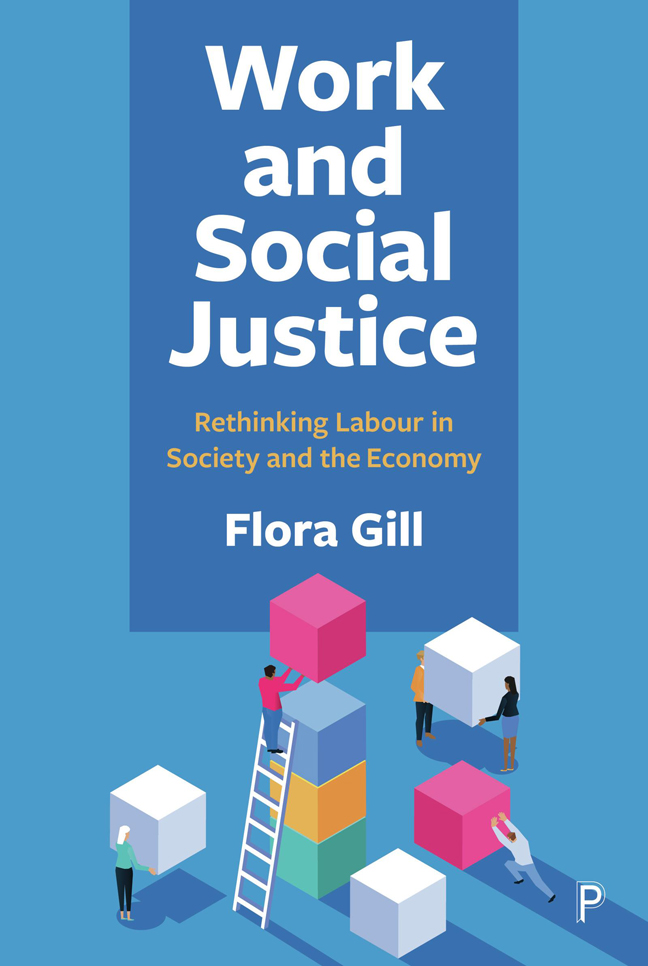13 - Confronting climate change and the AI revolution
Published online by Cambridge University Press: 23 January 2024
Summary
Introduction
Extreme weather events have already shown us the kind of world we will bequeath our grandchildren and the later generations to come, if we continue business as usual. A rapid reduction of our carbon dioxide emissions requires a rapid shift away from fossil fuels to green energy generators. This raises the real possibility that many workers will be forced into long term unemployment or, at best, trapped in precarious employment. The Green New Deal (GND) is essentially an initiative designed to address these two major concerns.
The idea of introducing a safety net, in the form of a UBI that grants everyone, from the wealthiest to the poorest, the same amount of money, is supported by a very diverse group of people across the political spectrum. The proposition is attractive to many because this ‘free money’ avoids the stigma commonly associated with welfare payments, while in principle providing burnt-out workers with an exit strategy from the increasingly oppressive experience of paid work. But what if the reason that Silicon Valley magnates like Elon Musk and Mark Zuckerberg vocally support the introduction of a UBI is that it offers the perfect cover for a retrograde attack on the quality of our working lives? And rather than paving the way to a utopian era of leisure and creativity, what if the introduction of a UBI becomes the basis for an entrenched two-tier economy of haves and have-nots?
In this chapter, I argue that a UBI could avoid this trap by ensuring that gainful jobs are available for all who want them, alongside a welfare state that is significantly invigorated. The UBI could thus serve a positive function as a safety net for people transitioning between jobs. Having a robust welfare state in place is absolutely essential, whether or not it accompanies a UBI regime. In its absence, we can have neither genuine equality of opportunity nor a satisfactory standard of social fairness.
Support for the UBI has been driven, in part, by the possibility of having significant job losses resulting from the AI revolution and climate change. But the challenges we face are neither technological nor economic. Rather, they are political challenges, requiring political solutions.
- Type
- Chapter
- Information
- Work and Social JusticeRethinking Labour in Society and the Economy, pp. 121 - 132Publisher: Bristol University PressPrint publication year: 2023



